#ludovici
Explore tagged Tumblr posts
Text

Ludovici Villa in Landau, Rhineland-Palatinate, Germany
French vintage postcard
#postkaart#photo#vintage#postkarte#postal#postcard#rhineland#photography#briefkaart#ludovici villa#tarjeta#carte postale#ansichtskarte#palatinate#ludovici#french#germany#historic#landau#sepia#villa#rhineland-palatinate#ephemera
17 notes
·
View notes
Text
"There is the waste of an all-too-rich autumn in this book: you trip over truths. You even crush some to death, there are too many of them." And what are these truths? They are things that are not yet held to be true. They are the utterances of a man who, as a single exception, escaped for a while the general insanity of Europe, with its blind idealism in the midst of squalor, with its unscrupulous praise of so-called "Progress" while it stood knee-deep in the belittlement of "Man," and with its vulgar levity in the face of effeminacy and decay;—they are the utterances of one who voiced the hopes, the aims, and the realities of another world, not of an ideal world, not of a world beyond, but of a real world, of this world regenerated and reorganised upon a sounder, a more virile, and a more orderly basis,—in fact, of a perfectly possible world, one that has already existed in the past, and could exist again, if only the stupendous revolution of a transvaluation of all values were made possible.
1 note
·
View note
Text

Albert Ludovici - The journey
730 notes
·
View notes
Text
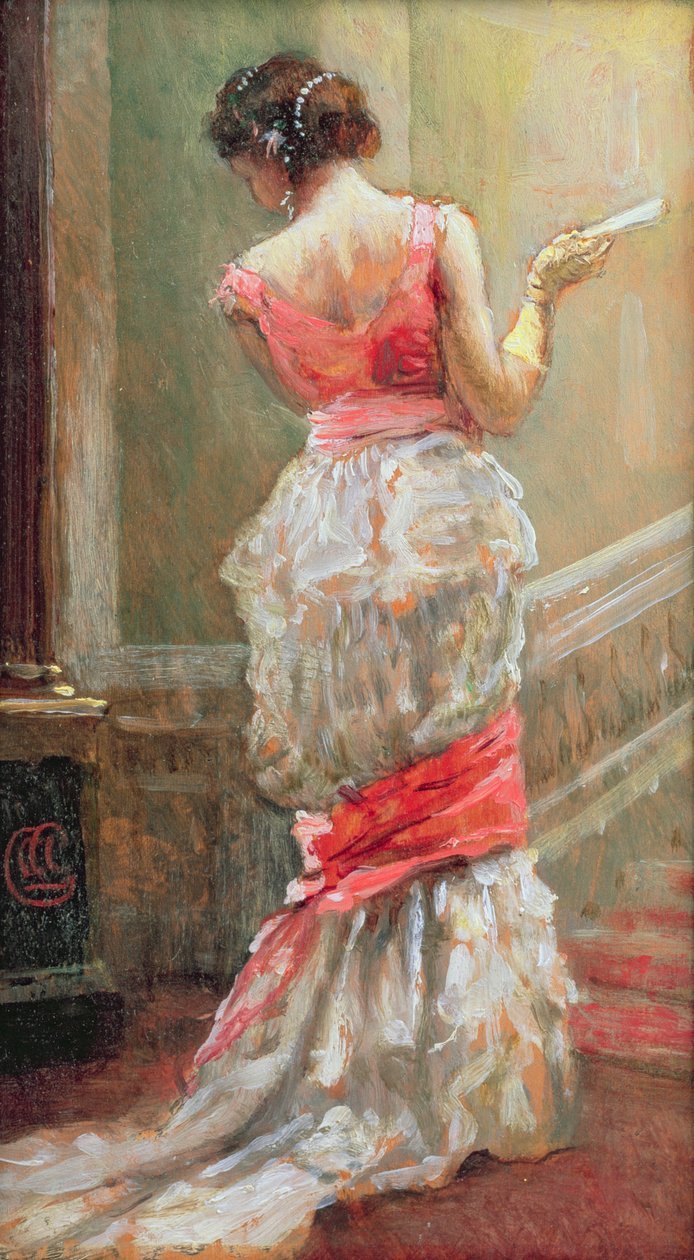
Albert Ludovici Jr. (British, 1852–1932) - Portrait of a lady in a white dress, holding a fan, by a staircase
120 notes
·
View notes
Text

Liv Bentley by Lily Ludovici
66 notes
·
View notes
Text
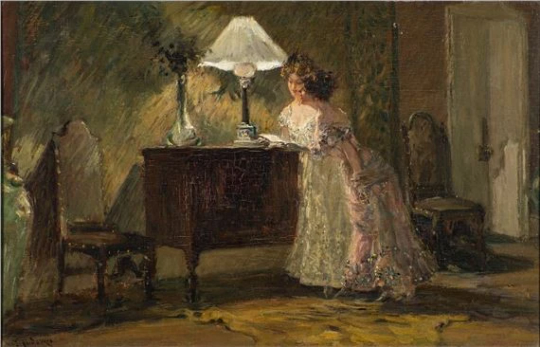
Albert Ludovici (British, 1852 - 1932) • Lamplight • Unknown date, likely first half of the 20th century
#art#painting#fine art#art history#albert ludovici#british artist#early 20th century british art#paintings of interiors#paintings of domestic interiors#interior with figure#women in paintings#oil painting#the painted room art blog#art blogs on tumblr
36 notes
·
View notes
Text
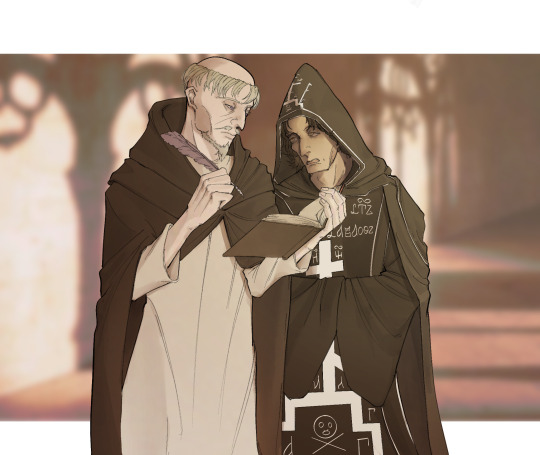
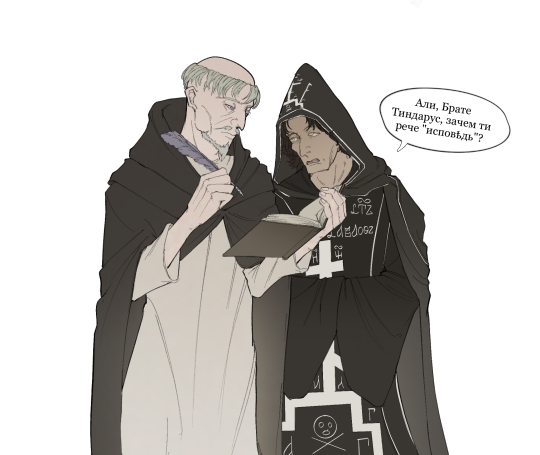
My cleric PCs as real life monks
#monks are very relaxing to draw#Tyndarus Valus#Alvaro Ludovici#well Tyndarus would be more of a Benedictine friar#But the Dominican vestment resembles more his original vestment#mtart
12 notes
·
View notes
Text

Albert Ludovici Jr.
23 notes
·
View notes
Video
‘The Love Letter’ postcard by A Ludovici by totallymystified Via Flickr: Posted in 1907.
#A Ludovici#artist#illustrator#illustration#postcard#chromo-litho#chromolithography#retro#vintage#nostalgia#Edwardian#la belle époque#flickr
2 notes
·
View notes
Text
Year 1688
TW/CW: Child Death
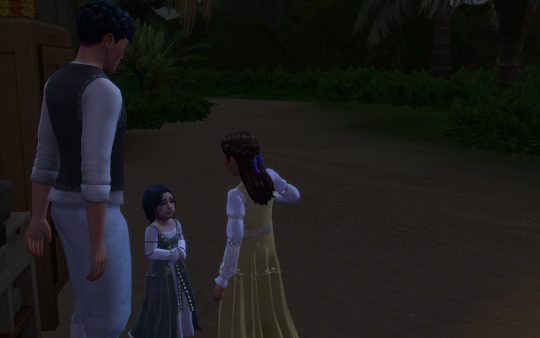


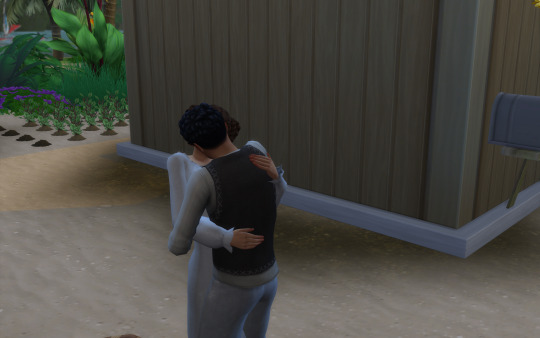
In Tartosa, the year the Morosini family had lived in their new home had made them finally feel established in the islands as permanent residents though the thought of finding a proper wife so that his girls could have a mother was starting to cross Giovanni Cesare's mind though he was content with his relationship with Nesta so the thought was just that.


In Tartosa, Benetta was coming to terms with the fact that she was likely expecting again which scared her as she couldn't help but remember that she had lost her first pregnancy. So while she hoped for good news the worry clawed at her stomach which did not help the sickness that came from carrying a child.


But as the year continued on, Benetta was not the only one with child as Nesta learned that she was as well but while she still had no clue of Francis's paternity this one she knew was Giovanni Cesare's child though when she informed her husband of the new addition she didn't let him know that he was not the child's father and simply let him continue to assume that he was.

Young Francis grew into a boy with a rather rambunctious streak as he followed after his mother and sister eagerly.


On September 3rd, despite her fears of another loss, Benetta delivered her son Angelo safely and the boy was healthy.


Young Victor Dupont also grew into a happy boy with his aunt and sister lavishing their attentions on the youngest member of their home.

In October on the 13th, Chanel delivered a newborn daughter they called Vendramina.
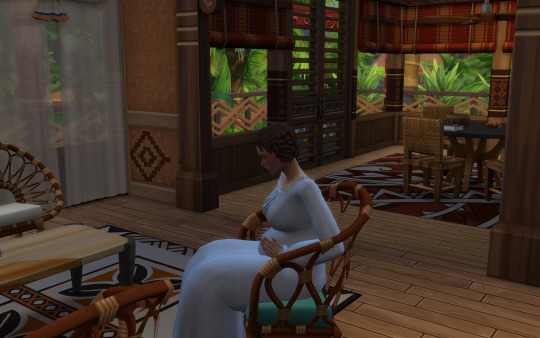
November came and Nesta was once again faced with labor pains as she anticipated the arrival of her fourth child.

By midday on the 23rd of November, Nesta had delivered a second son she named Cesare after his father which her husband didn't think much of since Giovanni Cesare had been going by Giovanni for the past few years since he had arrived on the islands so it was more of an inside secret that the boy was named after his true father.

In Tartosa, the young Angelo grew into his features more and at least in his infancy to his mother's secret delight, took more after her.
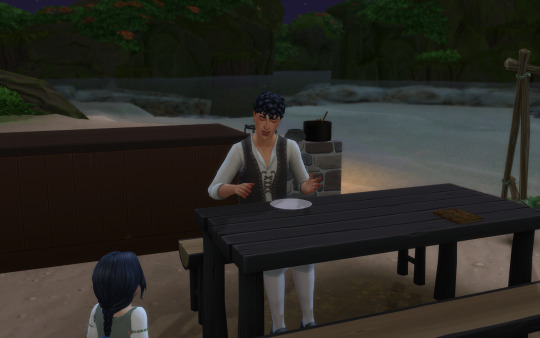
Though tragedy was around the corner as Francis's adventurous nature led to the boy falling down a ledge near the cliffs the Carlisle home was nestled in and on December 15, the announcement came into town of the child's passing. With that news, the Morosini family returned from the funeral deciding to try and give the grieving family time to themselves since they decided not to take visitors for at least the rest of the year. Elisabetta kind of understood, at least enough to not push it, but Paola needed more answers as to why she wasn't going to be playing with her friend Kathy for a while.

#Giovanni Cesare Morosini#Chanel Collari#Nesta Carlisle#Jaxsen Carlisle#Benetta Ludovici#Elisabetta Morosini#Paola Morosini#Francis Carlisle#Victor Dupont#Angelo Ludovici#Vendramina Collari#Cesare Carlisle#Blake Carlisle#The Carlisle Chronicles#Decades Legacy Challenge#tw child death#cw child death#1688#1680s#ts4
2 notes
·
View notes
Text
Ludovico Einaudi - Reverie
youtube
0 notes
Text

Die Lorelei ~ 1870 ~ Albert Ludovici Sr. (German, 1820-1894)
95 notes
·
View notes
Text

Albert Ludovici - Harbor View with Boatman
2 notes
·
View notes
Text

Lottie Moss by Lily Ludovici
66 notes
·
View notes
Text
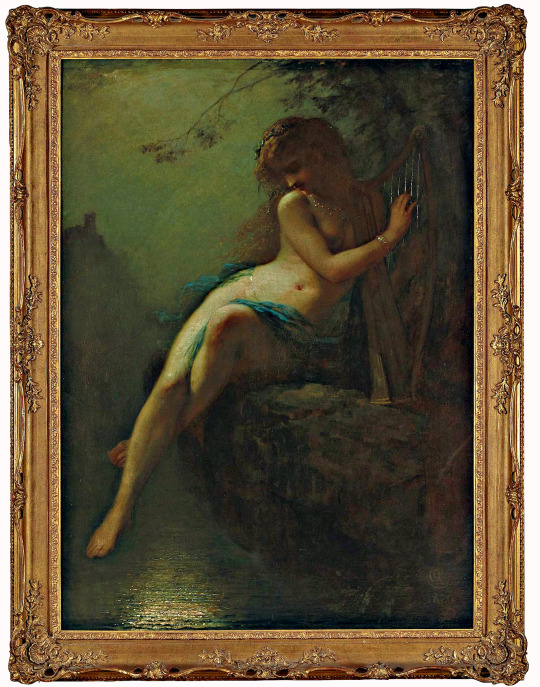
Albert Ludovici:
29 notes
·
View notes

